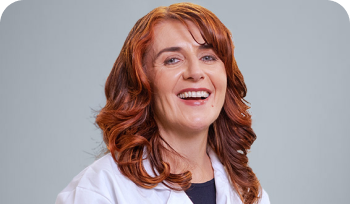Zahid Javaid
Pharmacist—Geriatrics
Meet Zahid
We are proud to have a team of pharmacists passionate about helping you live a healthier, happier life. Whether you need over-the-counter medication or a specialty prescription, our pharmacists have the knowledge, skills and resources that put you at the center of your wellness journey.






At CenterWell Pharmacy®, we put care into our content. We use plain language, collaborate across departments and remain consistent in our communications. Consider us your friendly, knowledgeable resource whenever you have healthcare-related questions.
